Where Stories Become Souvenirs
The Intangible Benefits of Community Tourism
When we think of tourism, it’s often the tangible that first comes to mind—scenic landscapes, heritage monuments, traditional cuisine, handcrafted souvenirs. But the true essence of community tourism lies in what can’t be touched or neatly packed into a suitcase. It lives in the stories, the relationships, the shared laughter over a humble meal, the silent understanding in a glance across cultures. These are the intangible benefits—often invisible to the eye but deeply felt—and they are the soul of community-based travel.
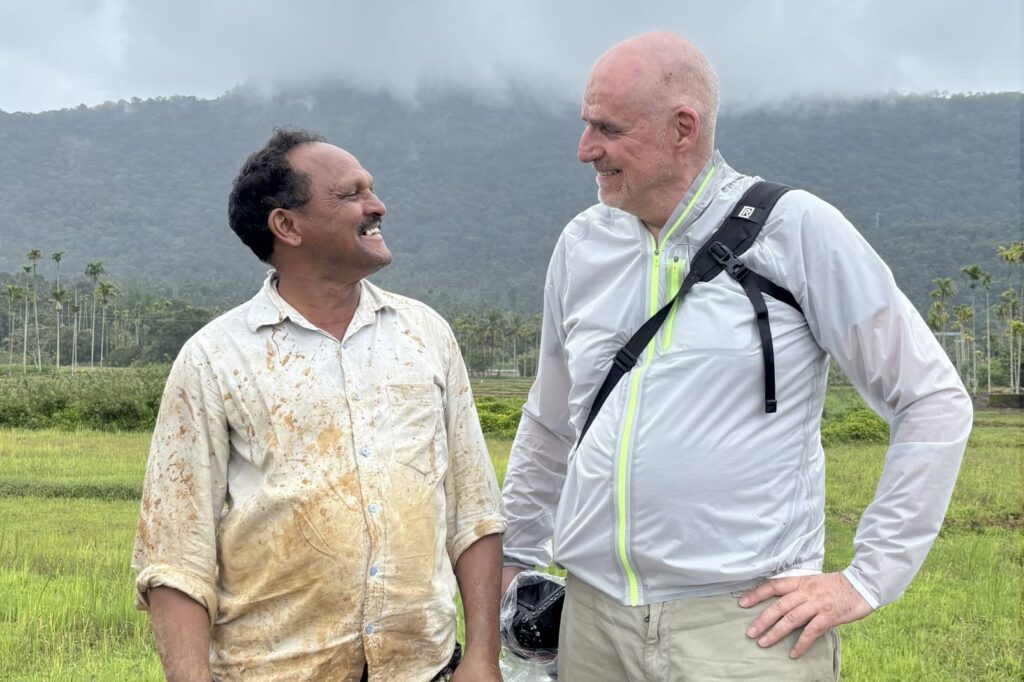
Community tourism goes beyond destinations; it opens up human connections. At its heart is a shared experience between visitors and local communities, where both become learners and storytellers. The local hosts, often farmers, artisans, elders, or environmental stewards, share more than just services—they share their way of life, their knowledge, and their dreams. And in return, guests offer curiosity, respect, and the willingness to see the world through another lens.
Fostering Mutual Respect and Empathy
One of the most powerful, yet subtle, impacts of community tourism is the development of mutual respect. When guests live in a village, participate in daily chores, or join a community in its festivals or rituals, barriers begin to dissolve. Tourists no longer remain outsiders looking in—they become part of a shared moment. This kind of immersive travel fosters empathy, breaking down preconceived notions and encouraging genuine cultural exchange.
For many visitors, such experiences are humbling. It shifts their perception of luxury—from five-star comforts to the warmth of human connection, the taste of food cooked with love, or the serenity of walking barefoot through a rice field. These moments stay long after the trip ends. They change people.
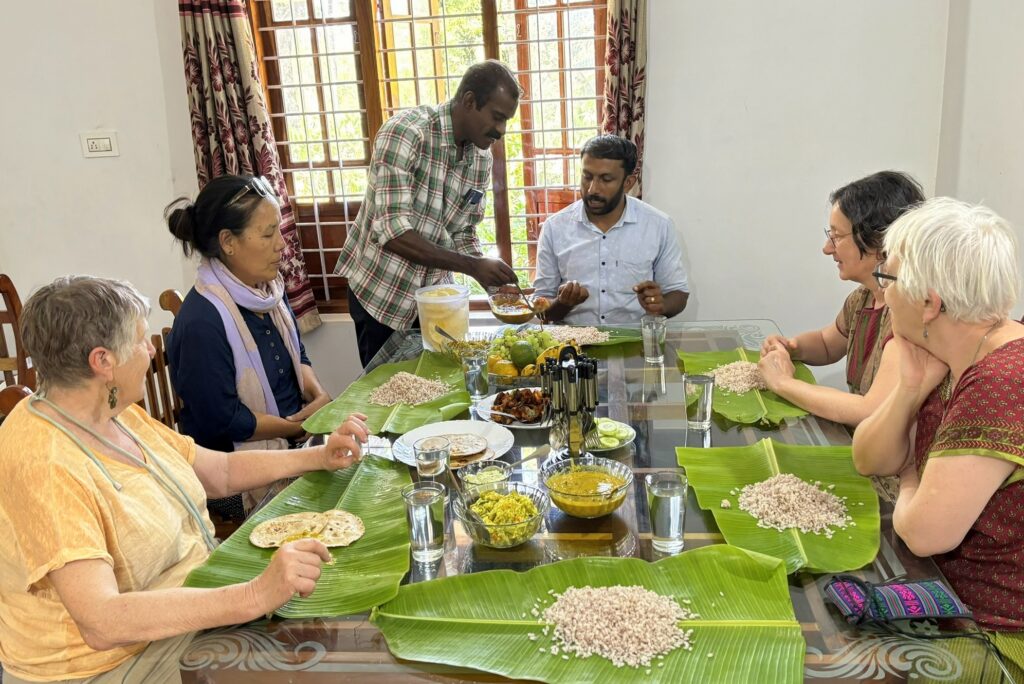
Exposure and Empowerment for Local Communities
For host communities, the impact is equally profound. When travellers come seeking stories and knowledge, it often leads to a rediscovery of local identity. Forgotten songs, crafts, or practices gain new relevance. Young people begin to see value in their own heritage, not as relics of the past but as living traditions worth preserving.
A particularly inspiring outcome is the exposure that communities—and especially children—gain by interacting with people from different cultures and countries. For many young students, speaking with foreign guests, trying out English or other languages, and exchanging stories builds confidence and a broader worldview. These experiences often give them an edge when pursuing studies or careers beyond their village, even outside India. What begins as casual conversation becomes a gateway to aspiration.
Similarly, when local guides, homestay hosts, drivers, and other community members engage with travellers and answer questions about their culture, history, environment, or even politics, they begin to see their world from new perspectives. Many start reading more, learning more, and thinking more critically about their own surroundings. This cycle of curiosity and reflection enriches their understanding and deepens their confidence in their own heritage.
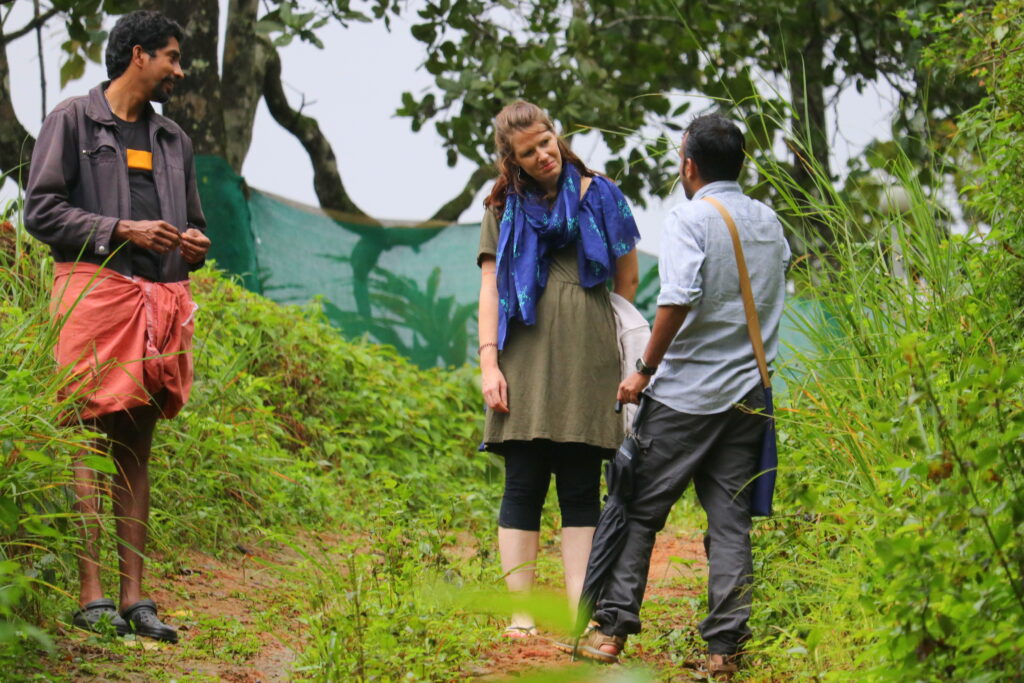
Reclaiming Identity and Pride
Community tourism can help revive pride in local culture—not through performance, but through participation. Whether it’s a grandmother teaching traditional weaving or a farmer explaining the rhythm of the seasons, the act of sharing becomes a way of honouring heritage. It allows communities to be seen, not through the lens of poverty or exoticism, but as custodians of wisdom, resilience, and joy.
The thoughtful travellers who visit often serve as role models in ways they may not realize. Their attitude toward cleanliness, for example, has a lasting influence. Many community members are inspired by how visitors manage waste or reduce plastic usage, and slowly begin adopting those habits themselves. Over time, practices like waste segregation, composting, and reducing single-use plastics are integrated into daily life—contributing to a more sustainable lifestyle.
Moreover, exposure to responsible travel often leads to heightened awareness around the conservation of the natural environment. Communities begin to recognize the value of their local ecosystems, not just for tourism, but for their own long-term well-being. Water and energy conservation become conscious decisions, not just economic ones. Whether it’s installing solar panels or fixing a leaky tap, small changes rooted in awareness add up to a significant impact.
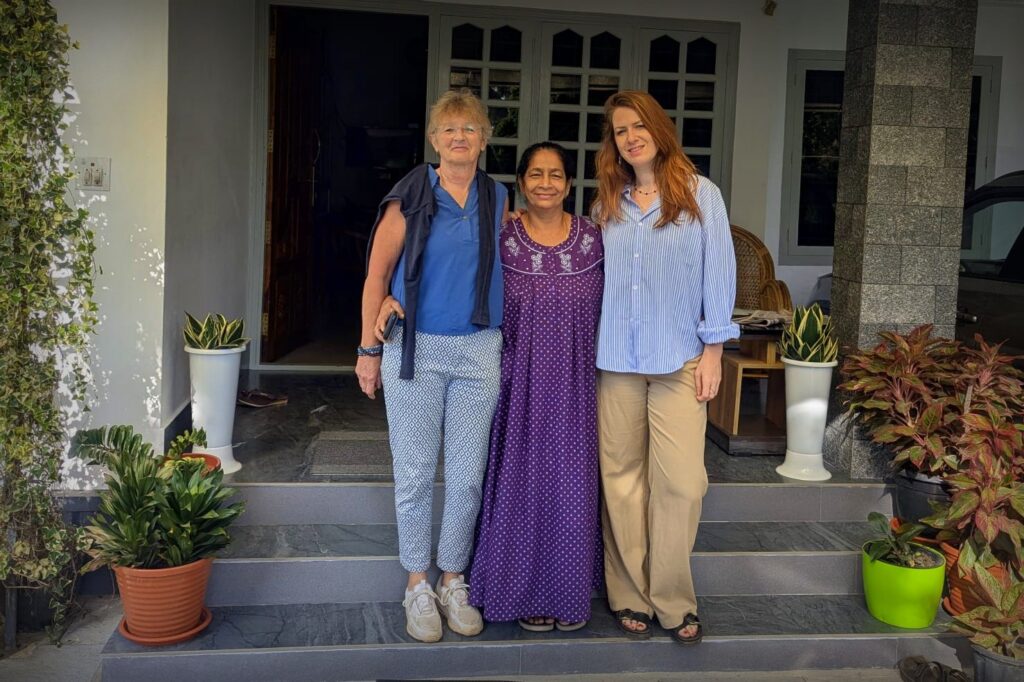
A Sense of Purpose and Belonging
Another often-unspoken benefit is the emotional and psychological boost that comes from being part of something meaningful. For communities involved in tourism, there is a sense of ownership and purpose. It’s not about being service providers—it’s about being ambassadors of place and culture. Knowing that their way of life has value, that people from far away want to learn from them, creates a deep sense of self-worth.
For travellers, the impact is equally healing. In an age of rushed itineraries and checklist tourism, community travel offers a different pace. It invites stillness. It teaches patience. It reminds us that travel is not always about escape—it can also be about return: returning to values of simplicity, connection, and respect for the natural world.
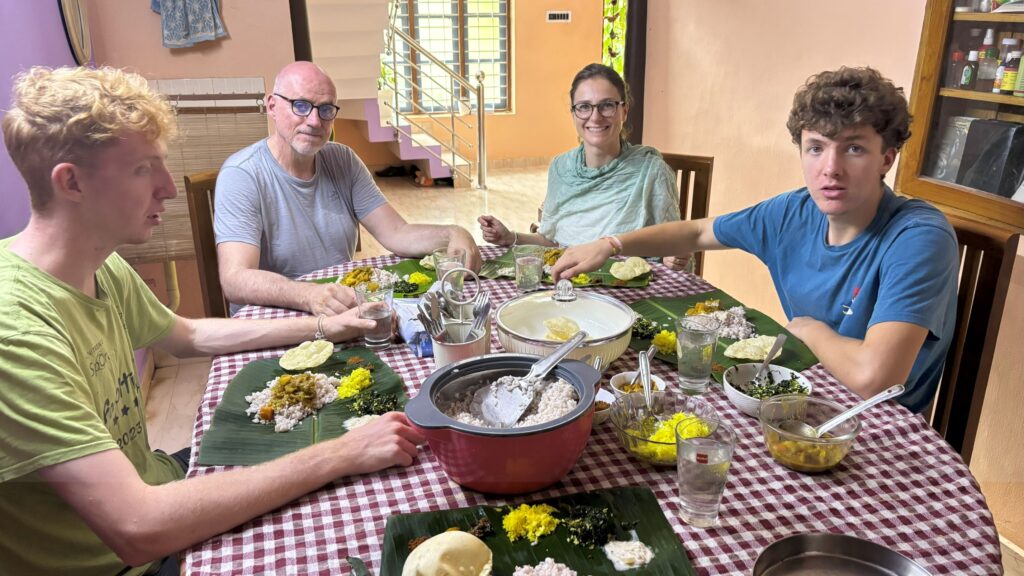
Strengthening the Fabric of Humanity
Perhaps the most intangible, yet most vital, benefit is how community tourism quietly strengthens the social fabric of our world. In times where division often makes headlines, these experiences act as quiet counter-narratives. They show us that despite differences in language, lifestyle, or belief, our shared humanity is much stronger.
When people from different worlds come together in kindness and openness, what’s built isn’t just a good memory—it’s a bridge. And every such bridge contributes to a more inclusive, compassionate world.
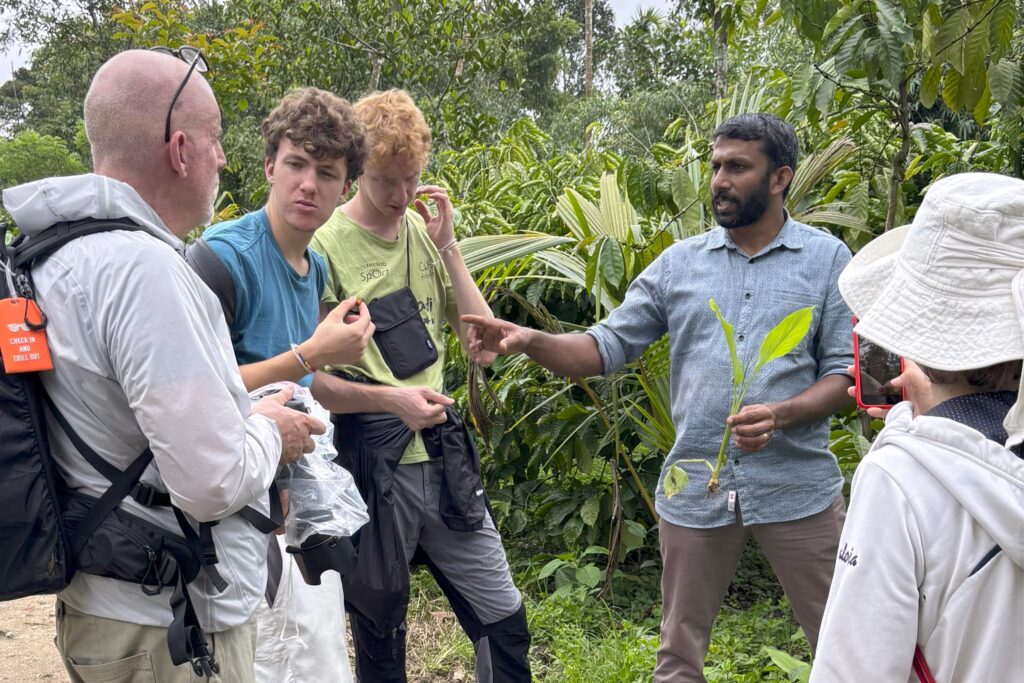
In Conclusion
Community tourism may not always be loud or luxurious. But in its gentleness lies its strength. It offers something that modern travel often forgets—the gift of being fully present, the chance to connect soulfully, and the joy of discovering not just new places, but new ways of seeing.
The true wealth it creates cannot be measured in revenue or reviews. It lives in hearts, in memories, and in the quiet transformation of both the traveller and the host.